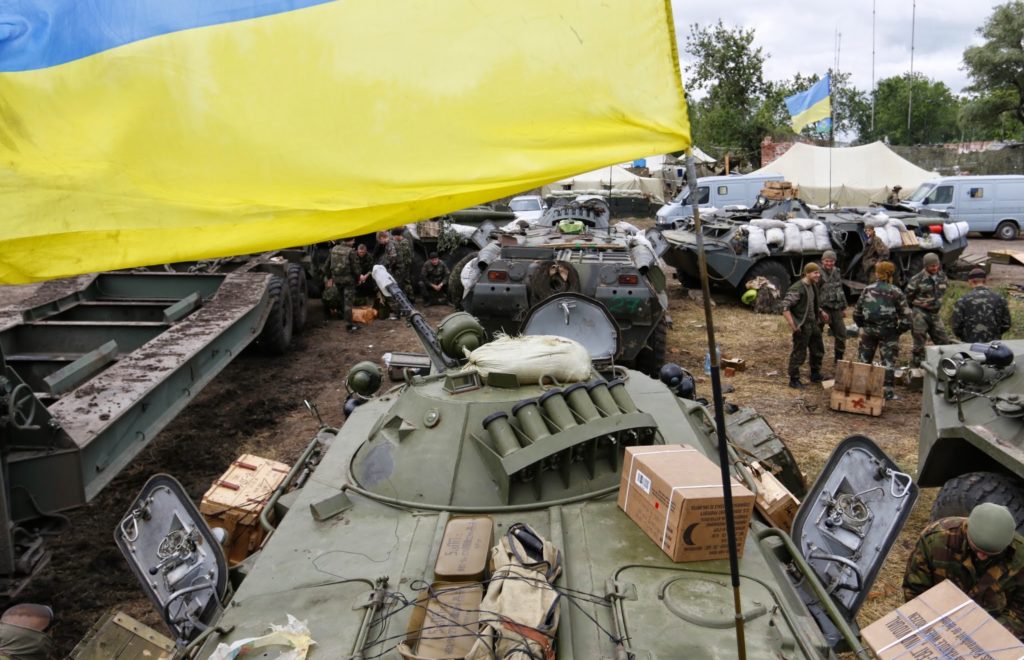The West’s rude awakening: lessons after the first year of war
It has been more than one year since Russia launched its full-scale invasion and over nine years since Moscow started its war in Ukraine. After the 2014 illegal annexation of Crimea, the Euro-Atlantic community made several attempts to recalibrate its security and defence policies. However, it was only after the shock of February 24th 2022 and its aftermath that most western states and societies experienced a rude awakening.
April 29, 2023 - Wojciech Michnik





































